What does it mean to be truly fluent in a language?
In general, we tend to think of fluent as meaning being able to speak another language easily. Personally, I find that to be a highly misleading definition. Some people might describe themselves as “fluent” after completing Advanced Spanish in high school, but are those the people you would want translating your marketing copy? Of course not!
So, let’s take a deeper dive into what it means to be able to speak another language fluently…
How Proficient is your Fluency?
When people say that someone is fluent, they usually mean that they can read, write, and verbally communicate effectively in another language. But, to be honest, that definition of fluency is a misleading one.
Rather than use “fluent,” we prefer the word “proficient.” Even those who are “fluent” may have different levels of proficiency with a language. Someone might have a high-school level of proficiency, which would likely be fluent enough for a vacation. Someone else might have a business-level proficiency, meaning that they can accurately talk business with someone in another language. Yes, they can both “speak” another language, but would you say that they are both at equal levels of fluency?
Differences Within a Language
If English is your first language, then you likely believe that you are completely fluent in it. But here’s the thing, languages aren’t static things that exist in isolation.
Just look at English. The English spoken in Southern California might barely resemble the English spoken in urban London, English. In fact, you might need a translator to make sense of all the differences in each variation of English! What are those differences? Well, how about slang? Every culture has its own slang that might not make sense to those who are born outside of it.
Let’s look at Glasgow, Scotland, for example. If you asked someone a question there, they might respond with, “I don’t have a scooby.” Uh, what? It does make sense; you’re just missing the cultural context you need to understand it.
“Scooby = Scooby Doo (the cartoon, mystery-solving dog) = Clue”
So, “I don’t have a scooby” actually means, “I don’t have a clue.” It IS English, but not a form that you are necessarily familiar with. So, would you still say that you are 100% “fluent” in English?
The Context of Fluency
Just because you are capable of speaking another language in social settings doesn’t necessarily mean that you are fluent in every context.
For example, imagine that you move to Japan where you speak with Japanese people every day. You don’t have any difficulty expressing your thoughts and they don’t have any trouble understanding you. You understand much of the slang, the cultural values, and can capably function in that society. Most would say that you are fluent in Japanese. Ah, but what if we took you out of that context? What if we dropped you into the middle of a first-year university engineering class at the University of Tokyo? Would you still be fluent in that context? Would you be able to easily follow what the professor was saying and keep accurate notes? It’s unlikely!
When it comes to fluency, context matters. This is one of the reasons why marketing copy rarely works when translated 1:1 into another language. Yes, the writing might be correct, but the context is different. The message you want to communicate might not be accurately translated, even though the words are.
The UNO Translations Difference
That is the real difference UNO Translations can make when it comes to translating your copy into different languages. It doesn’t come down to fluency, but a deeper cultural understanding of the culture that you want to target with your marketing message.
The fluency level of our translators goes far beyond simple word-for-word translations. They not only translate the sentence, but they also translate the context. They tailor your message so it will speak to those in a different culture, not just a different language.
This is what makes UNO Translations unique. We offer dozens of different services in over 250+ languages. If you are planning a worldwide advertising campaign, you want us in your corner, helping you bring your message to all of those different cultures. To learn more, you can contact us today!
